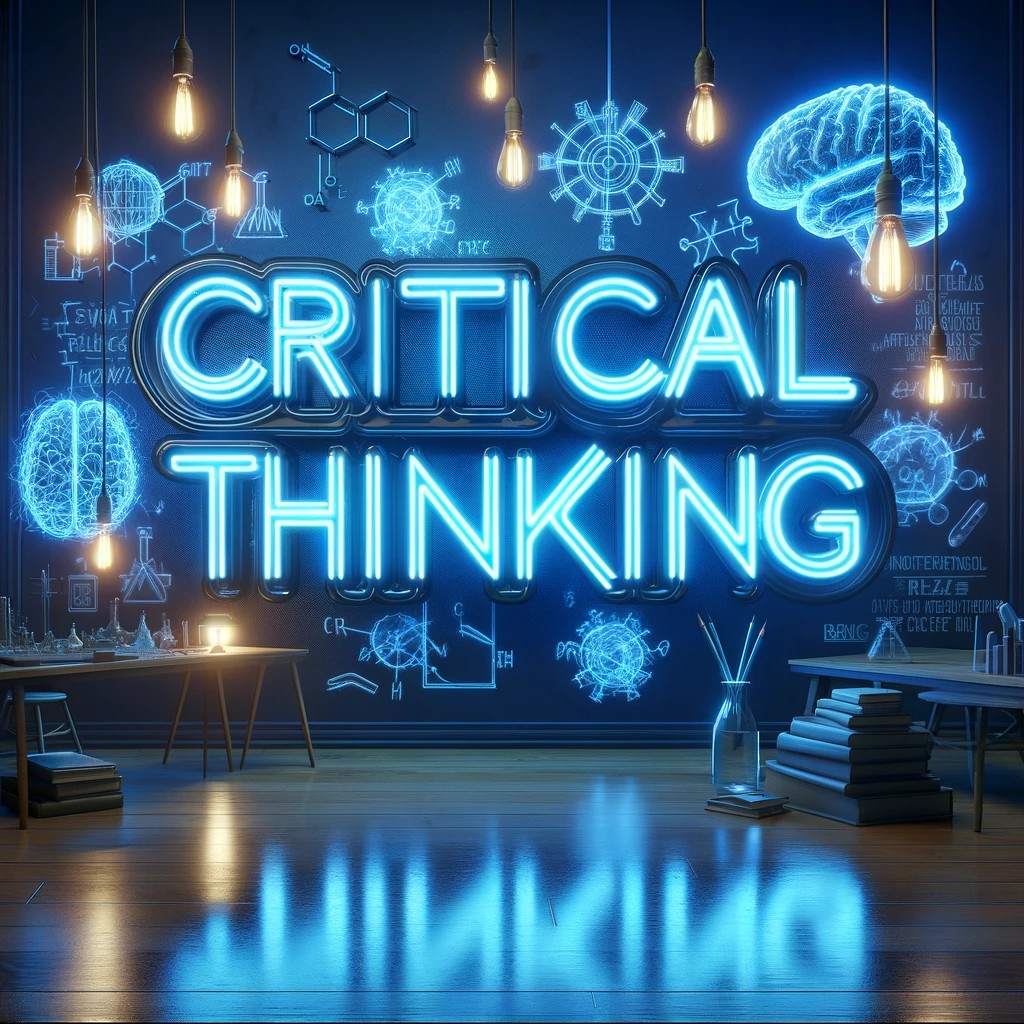Critical thinking is a cognitive process that involves analyzing, evaluating, and synthesizing information and ideas to make informed decisions and solve problems effectively. It is a vital skill that empowers individuals to think rationally, assess evidence, and make well-informed judgments. Key aspects of critical thinking include: In summary, critical thinking is a foundational skill that empowers individuals to navigate the complexities of the modern world. It involves rigorous analysis, logical reasoning, and open-mindedness. Cultivating critical thinking skills enhances decision-making, problem-solving, and communication, contributing to informed and responsible citizenship.
Continue Reading
